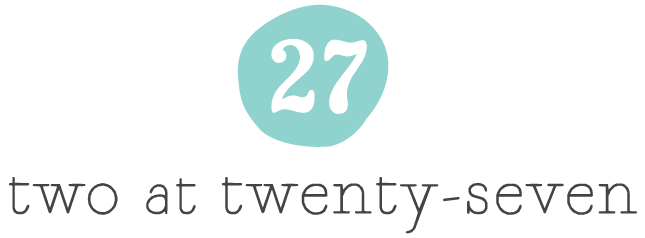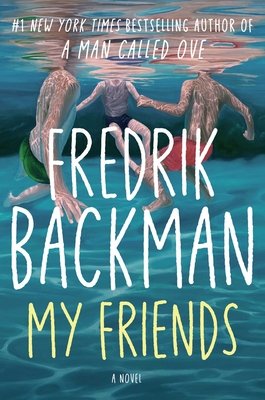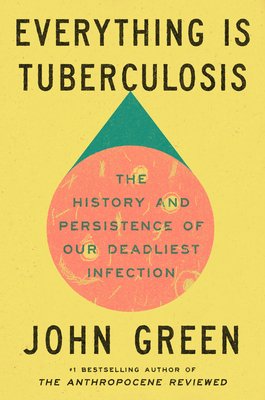Tsundoku: a Japanese term that refers to the practice of buying more books than you can possibly read and letting them pile up in your home. They’re seen as little piles of joy and anticipation.
Let’s just say I’ve got the practice of Tsundoku down. And I will henceforth and forever be referring to my stacks of books as little piles of joy and anticipation. We should probably add emotional support to that moniker. They’ve earned it, especially this year. Wendell Berry finds peace in wild things when despair for the world grows in him. I read. That, or find myself in the same zip code as Tray. Which so happens to be where I am now and reveling in every minute. But, alas, until we make our millions, real life awaits. And when it comes crashing back in, here are three books making the world feel less terrible.
A Warm Fire
Emma Thompson said it best: “books are like people, in the sense that they'll turn up in your life when you most need them.” In a year where grief has been too constant a companion, this book felt like a balm. Sybil Van Antwerp, even at her most curmudgeonly, is the friend I didn’t know I needed. So much, in fact, that as soon as I finished listening to it, I drove to my local bookstore to buy the hard copy and started reading. And then I listened to it all over again. I’ve searched for the best way to describe what this book feels like to me and I can’t find better words than those of Sybil herself: “knowing you has been like coming in from the cold, lonely road to find a warm fire and a table laid.” I’ve never written an author a thank you note, but I will be writing one to Virginia Evans. Her descriptions of grief tell me she’s a fellow traveler—I’m grateful for the company and the warm stopover.
Backman, Every Time
When my mom died, the first people I reached out to, other than immediate family, were my four ride or dies since junior high. I suddenly needed the friends who knew me when I was young. And more importantly, knew my beautiful mom in her mothering prime—long before dementia stole her from us. Backman’s latest is an ode to the friendships formed in our youth. The ones that can change the trajectory of our lives. NPR’s review put it best: “I frequently paused to marvel at the way Backman captured the rebellion of joy, the ferocity of devotion, and the cruelty of indifference. Every Backman book should come with the warning that your heart will be split in two, but also, more importantly, with the assurance that it will be repaired with restored faith in the small miracles of being human.” When it comes to sure-fire winners, I’m betting on Backman. Every time.
The Currency of Fame
When Ann Patchett declares an Audiobook to be one of the best of all time, I listen. Literally. Bono’s writing is pure poetry and his narration of it, a song. A Sunday Sermon. A balm for troubled times. During a recent car ride where my girls were held hostage by the open road, I played one U2 song after another, enthusing between songs over his marriage to his childhood sweetheart, his work with AIDS and his attempts to end poverty. The next thing I knew they had their dad on the phone telling him to look out, mom’s in love with Bono. We had a good laugh and then Matt had to admit he’s a little in love with him too. It’s hard not to love someone spending the currency of their fame for good. Reading about his tireless work with politicians on both sides of the aisle to create PEPFAR and USAID, made we weep for who we once were. And gave me hope we’ll get back there one day.
There’s hardly a line of his prose not worth quoting, but because the fate of immigrants weighs heavily on my heart, I’ll share this one: “God is with the refugee. I hear His only son was one. God is with the poor and the vulnerable. God is with us, if we are with them.”




